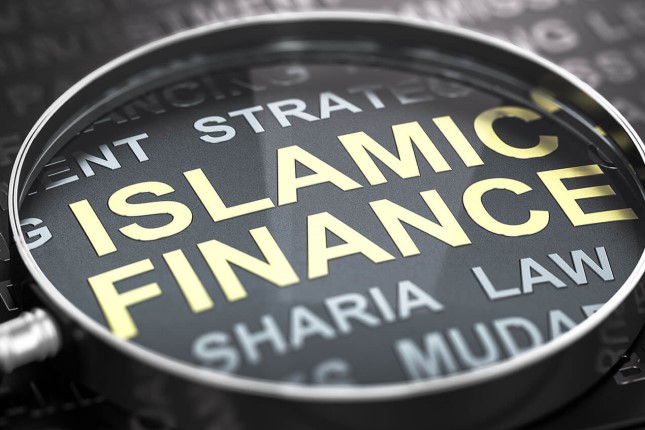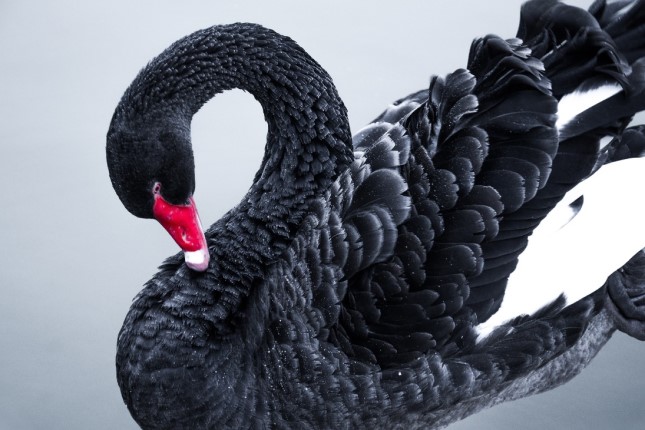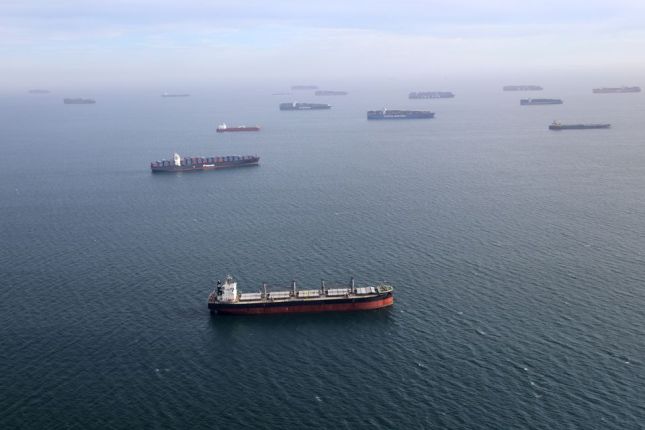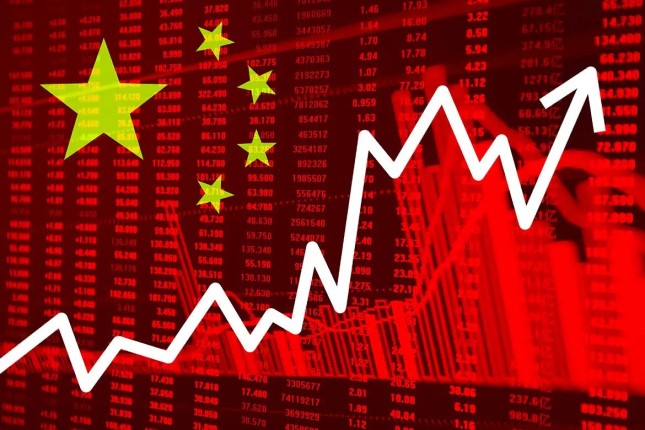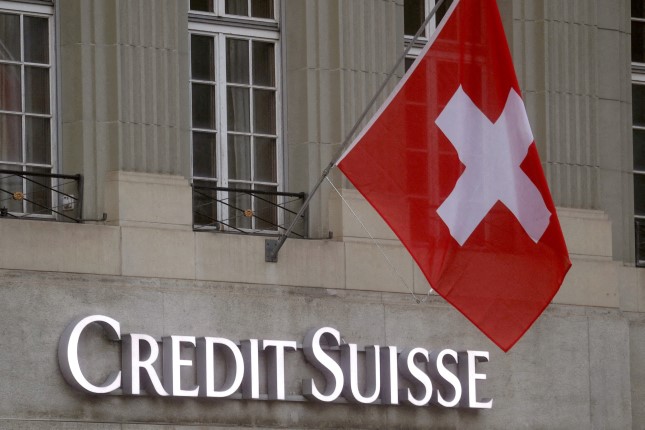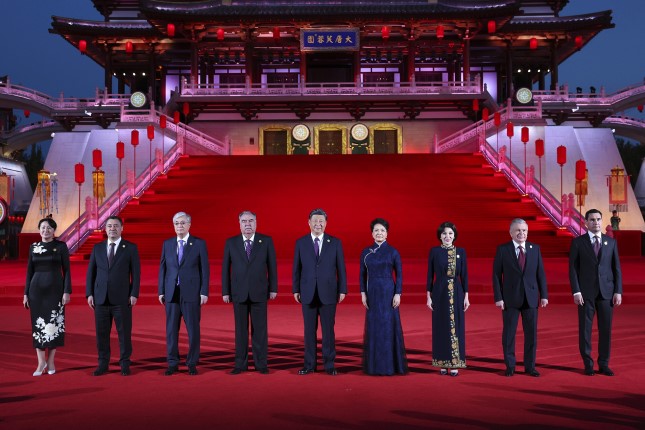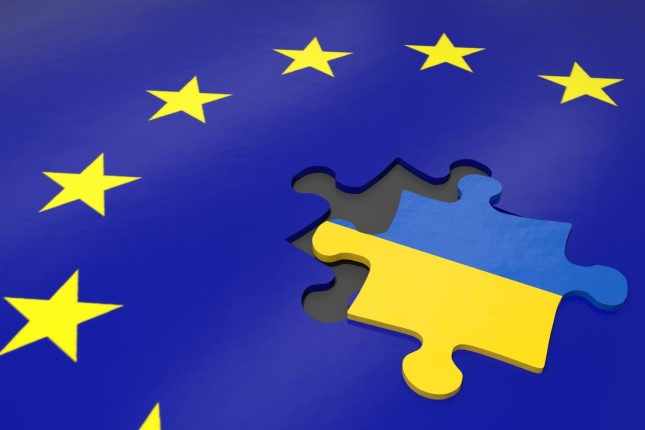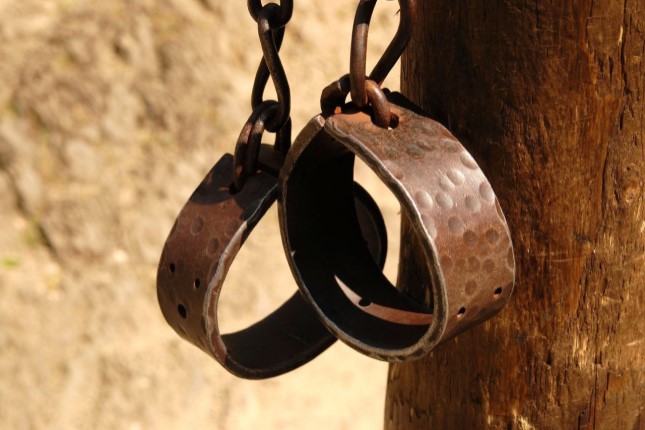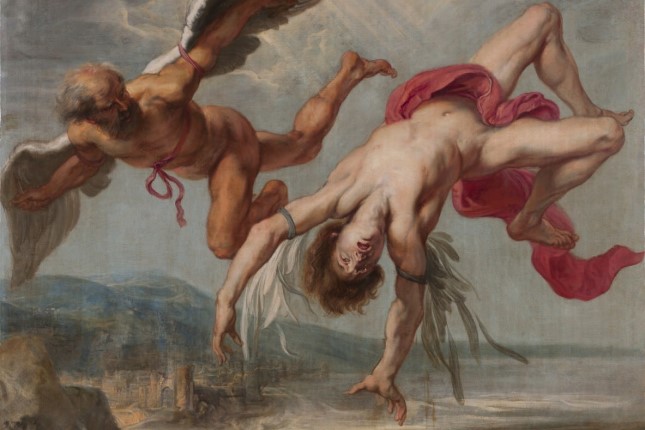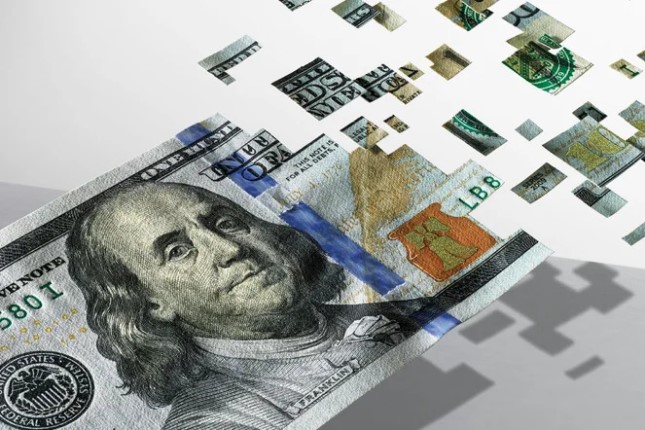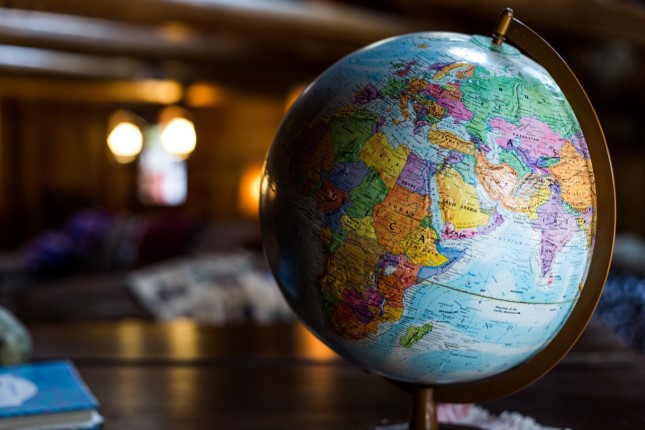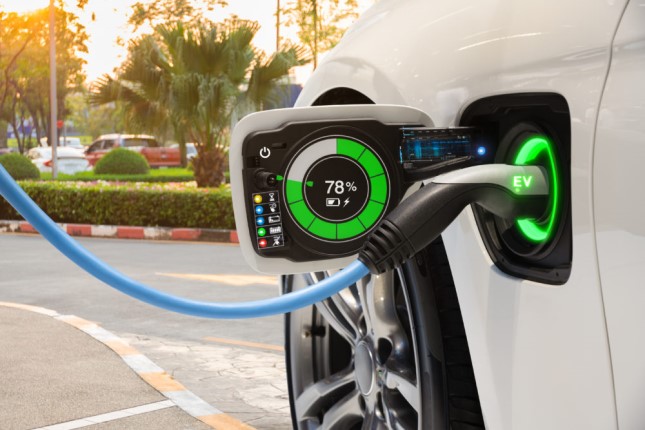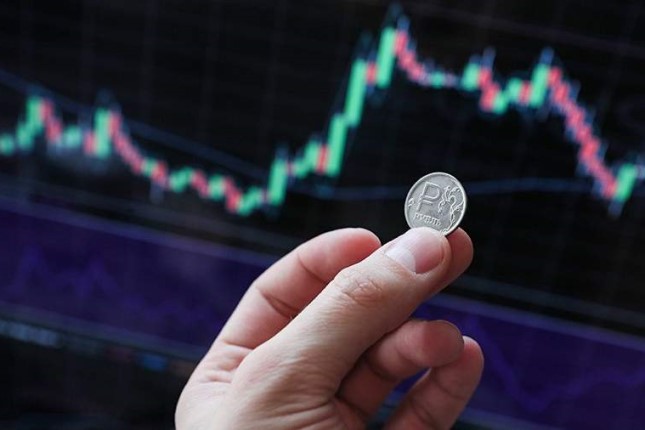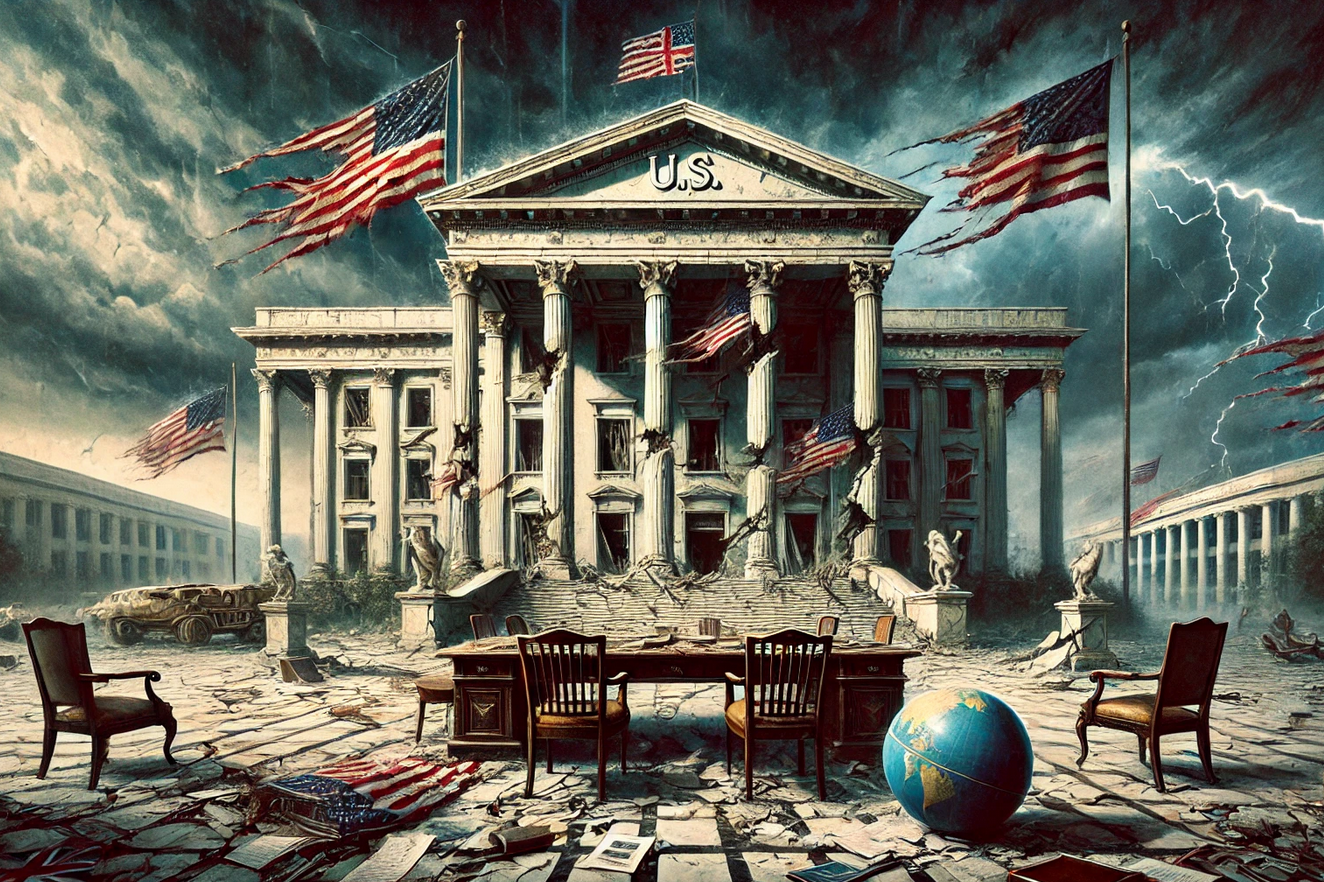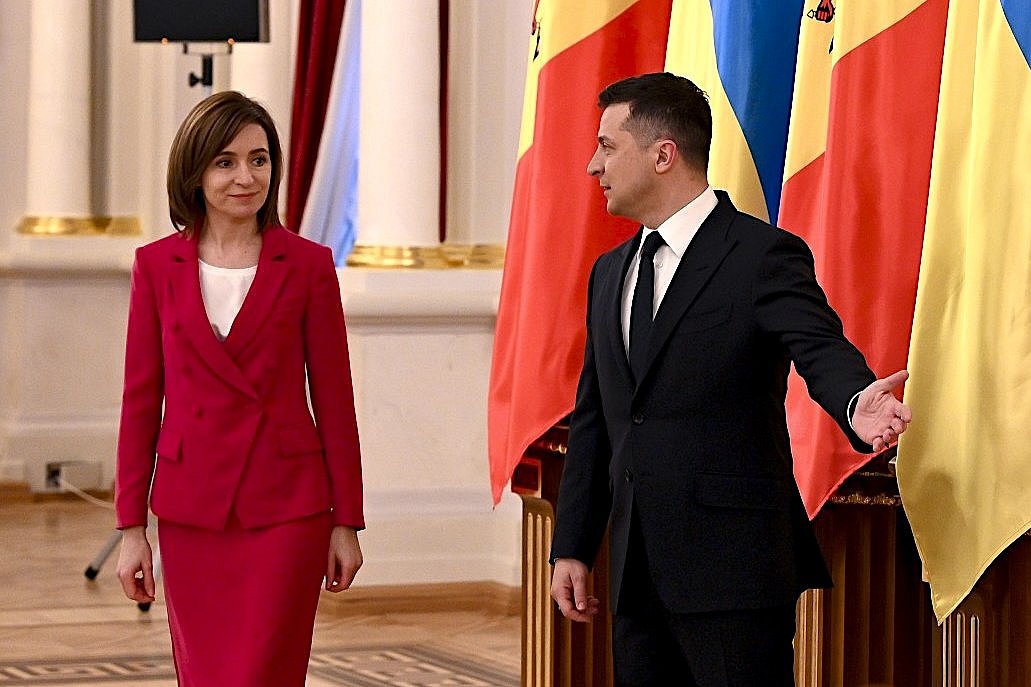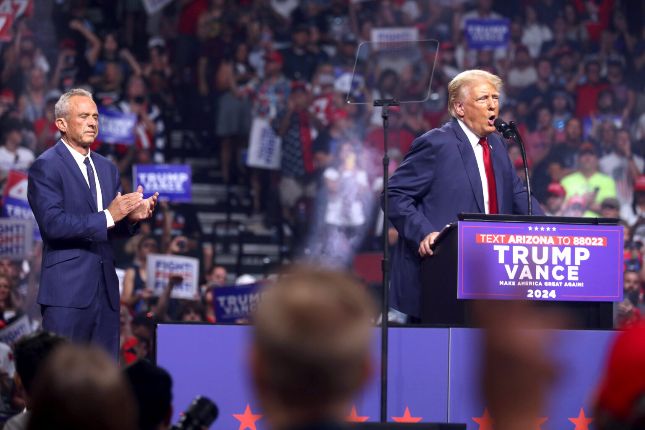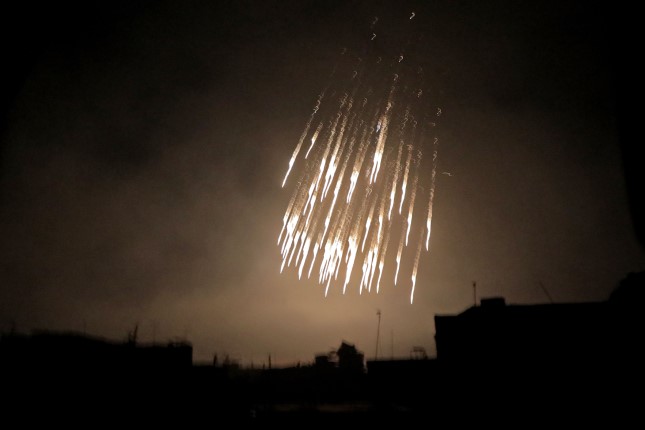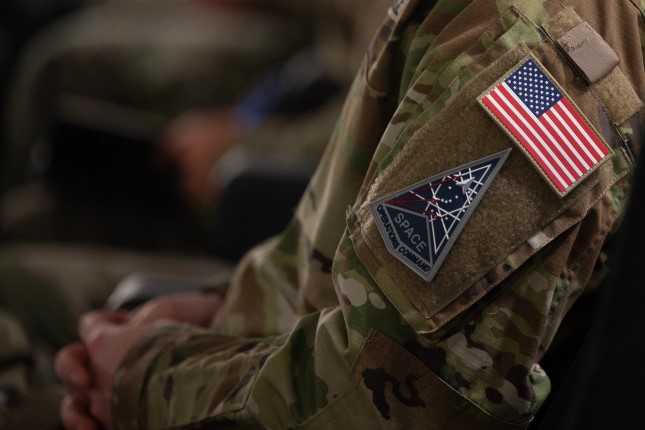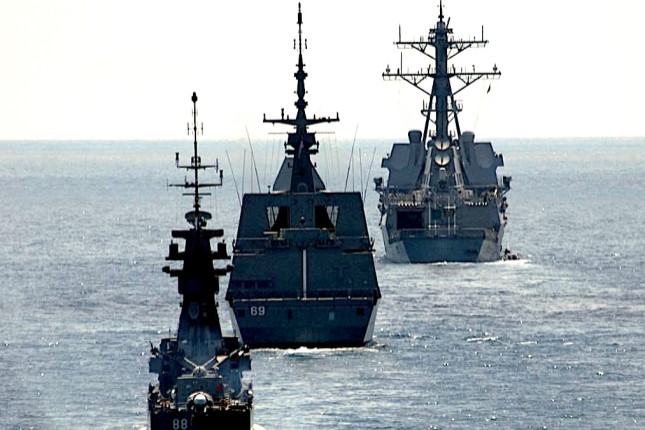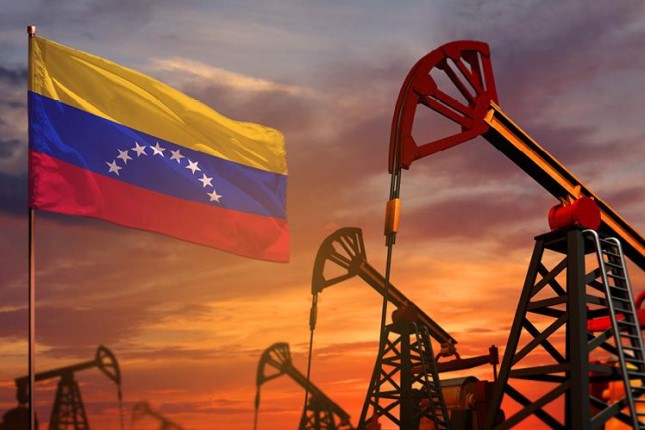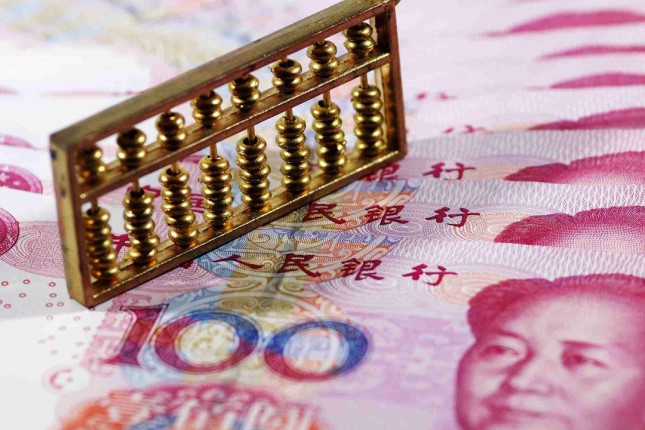Our global financial system is in crisis. To borrow from the apt characterization of an observant British economist, the capitalist market model persuades us to "spend money we don't have, on things we don't need, to create impressions that won't last, on people we don't care about" is no longer capable of providing global economic stability. Faced with this plight, we might find that Islamic finance and the associated Islamic banking system could offer us one possible way out of the crisis, even if it is not a universal cure-all.
This Quran-based financial management and banking system has existed for about fifteen hundred years, operating on principles that seem safer for society and the economy. Islamic finance explicitly prohibits making money out of nothing.
Banks are technically not allowed to charge interest when they lend money, fund projects with a questionable future, pay interest on deposits and invest in activities considered haram, such as alcohol, cigarettes, and pork. It could be argued that all of the above are the principal tools of the trade and are very profitable lines of business. How can one be expected to operate successfully in today's market while shying away from these types of investments and transactions?
One explanation is that Muslim nations have traditionally been known to be quite enterprising and capable of developing sophisticated business schemes, managing to reconcile the demands of the modern-day marketplace with Quranic restrictions. The success of Islamic finance is not based on issuing loans but on generating income from investments. Banks enter into partnerships of one kind or another with each of their clients, focusing on goods and projects rather than money.
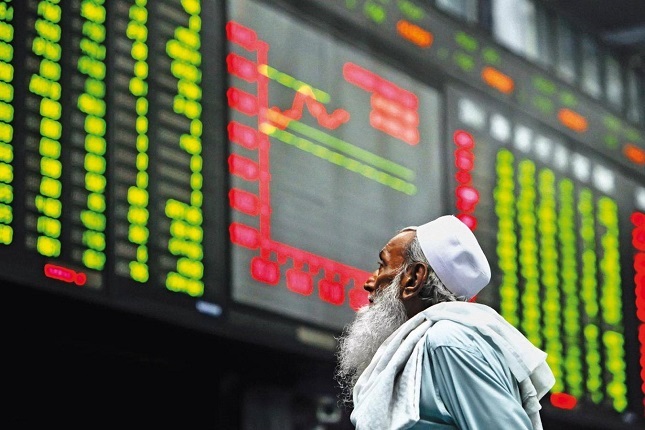
To give an example, instead of providing a client with a loan to, say, buy an apartment, the bank would go ahead and buy it itself first and then lease it out to the client in a rent-to-own scheme until the client incrementally pays back the total value of the residence increased by the bank's markup. This is one of the key tools of the trade in Islamic finance, known as murabaha.
In this case, should the customer become unable to continue paying for the apartment, he will be provided with another, cheaper kind of housing based on how much the person has paid to date. The crash of 2008 could have been averted had most mortgage borrowers in the US used the murabaha approach.
It should be noted, however, that Islamic banking does not generally encourage living on credit as the terms of "borrowing" under such a system are generally far from being very attractive. As a rule, murabaha tends to be more expensive than a regular mortgage loan. In the UK, for example, Islamic banks fund home buying at twice the interest rate offered by traditional banks.
As for credit cards, they are considered haram in many countries around the globe. Conversely, the interest on deposits with Islamic banks tends to be higher than what financial institutions in the West are prepared to pay. However, the term "interest income” is not used because receiving income on deposits is forbidden. The scheme that Islamic bankers employ to circumvent the prohibition on charging interest on loans is known as mudaraba, and it is based on the principles of a business partnership.
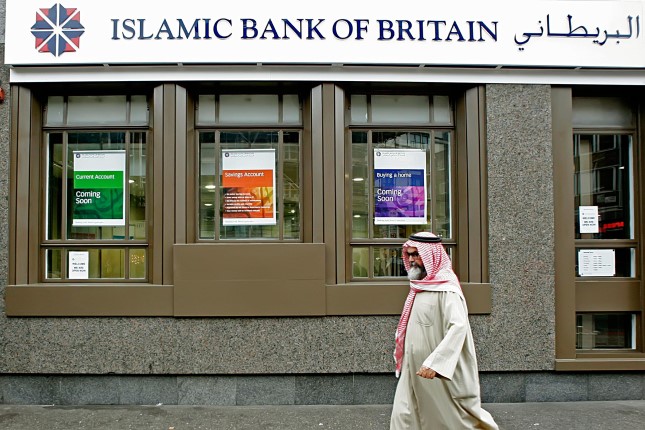
When clients entrust their money to a bank, they become entitled to participate in one of the bank's investment projects, be it a project to construct a business centre or establish an olive-growing business. They will be entitled to their share of the venture's profits but will also be expected to help fund any potential losses. In turn, banks undertake not to invest in risky ventures and instead give priority to reliable long-term investments that meet the approval of the institution's Shariah Council.
A related concept underlies the idea of raising borrowed funds, similar to the traditional bond issue in the West. For this purpose, a bank or a state would use an instrument known as sukuk, or Islamic bond, enabling them to share their profits from investments in large infrastructure projects with their investors.
Indonesia is the leading issuer of sovereign sukuk, having raised more than $1.5 billion this way. Countries in the West, too, use this instrument. Thus, Britain raised some 200 million pounds sterling outstripping other Western countries in that department.
Islamic finance forbids engaging in the insurance business because that would contradict the idea that everything happens according to "Allah's will". In addition, the Prophet Muhammad explicitly outlawed financial arrangements with uncertain outcomes and the possibility of misleading one's counterpart.
Muhammad thus instructed his followers: "Do not buy fish in the sea, for it is gharar (for there's uncertainty in such a transaction). And yet, the Quran also says: "...help one another in acts of piety and righteousness. And do not assist each other in acts of sinfulness and transgression.". And this is what led to Islamic insurance, or takaful, in the Muslim world.
Under this arrangement, the insurance company, known as the takaful operator, would create a takaful fund to which all of its clients would make voluntary contributions. The fund will be owned by the donors, while the operating company will receive a fee for managing the fund. If an insured event occurs, the needed relief money will be paid out of the assets pool. Only the net risk can be insured, but not the investment risk. The takaful operator is also allowed to invest the deposited funds at its discretion, but of course, in doing so, it would still have to operate within the confines of the Shariah rules.
Thus, Islamic finance has all the modern financial and banking tools. In theory, lending to agriculture and development businesses makes it challenging, but you can use a scheme called salam. A bank would buy future goods from a farmer at current market prices and resell them for a profit. While all this juggling sounds like a shell game scam, Islamic finance is becoming more popular.
Shariah banks and funds have already amassed $2 trillion. Granted, this amounts to only 1% of total global finances. Still, over the past 15 years, the total volume of funds generated by Islamic finance has been growing at an average rate of 15% yearly.
The market's key players operate in the Middle East, North Africa, Malaysia, and Indonesia. Even in Saudi Arabia, only half of the country's financial system operates under Islamic principles. And in Indonesia, the world's most populous Muslim country, about 6% of the people are conversant with the principles behind the operations of Islamic banks.
However, many Westerners hardly understand the intricacies of the modern-day traditional banking and finance business. This means that Islamic banking's potential for growth is enormous, as it can attract at least one billion customers, all of whom are followers of the Prophet Muhammad's tenets.
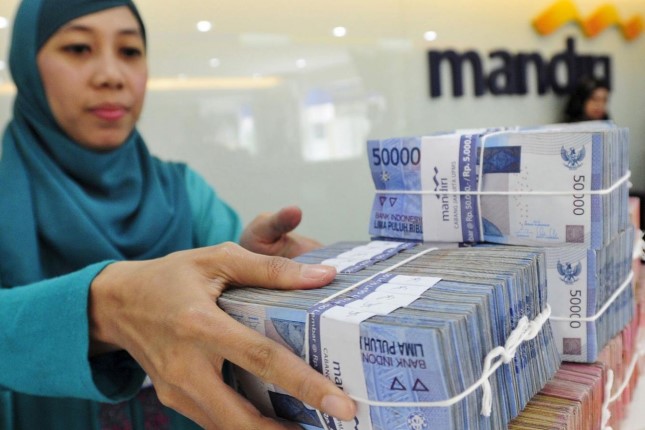
People of other faiths might also find this helpful system for their needs. In addition to attractive deposit rates, some may be motivated by the ethical side since Islamic banks do not finance industries such as alcoholic beverages, tobacco, etc. However, the system can show some flexibility.
Financial institutions' Shariah boards usually find it pious enough to buy shares in a company as long as it does not earn too much from haram activities. The banks have worked out guidelines for a share of haram activities in the total righteous revenue of a company: 5% from pork-related business and 10% from tobacco, as well as 25% from leasing facilities for such manufacturing activities. If this share exceeds – the company risks losing Islamic financing.
Generally speaking, Islamic finance is unlikely to replace the traditional Western approach to banking. However, it may serve as an example of a more ethical and responsible approach to this market.
Muslim banks follow the Quran's laws. This prevents financial institutions from driving their customers into debt, and even offers incentives to help them escape poverty. It is forbidden to inflate market "bubbles", invest in shady deals, and take high risks in general.
Could it be that the global economy has been missing these restrictions?
